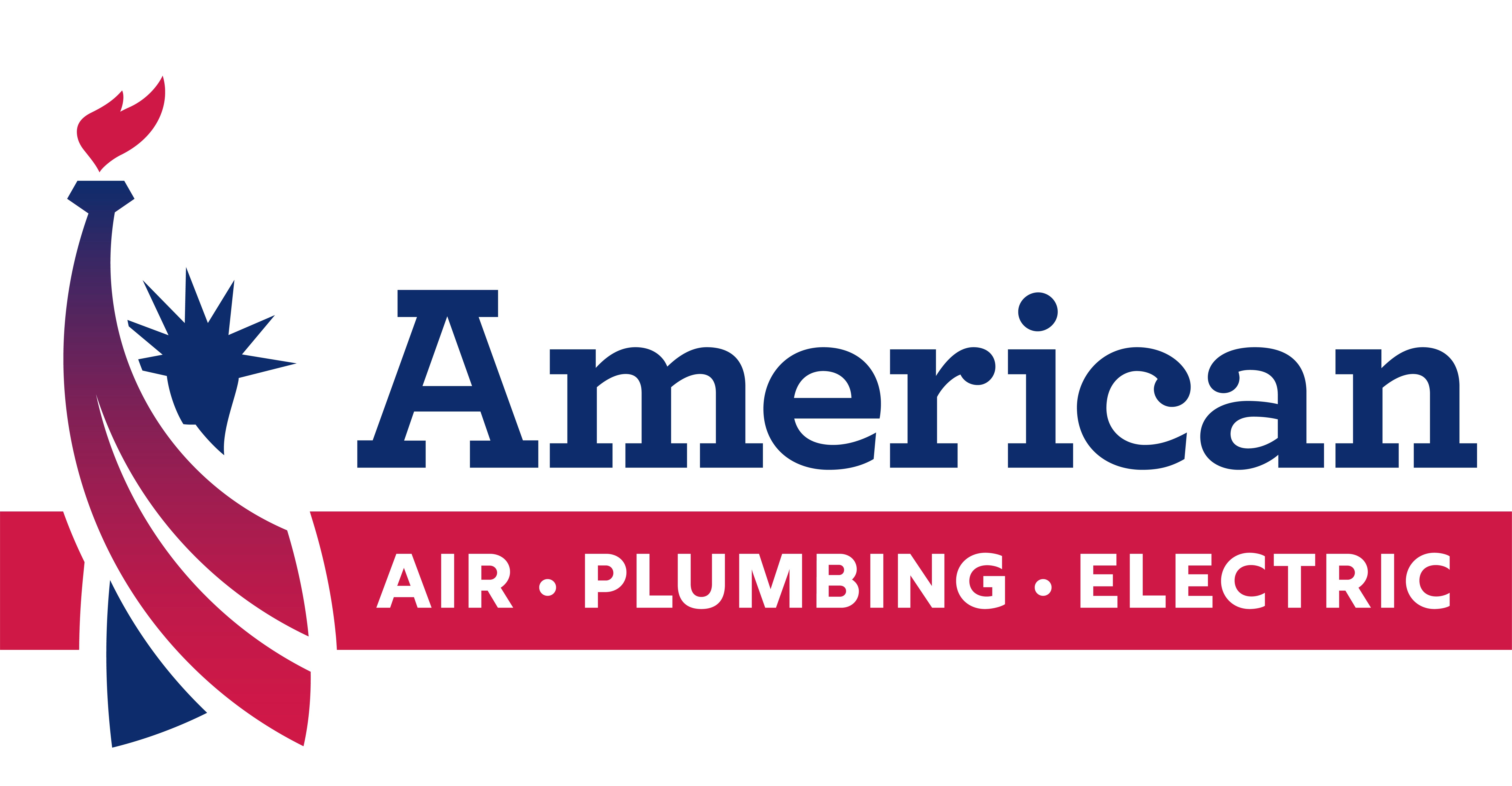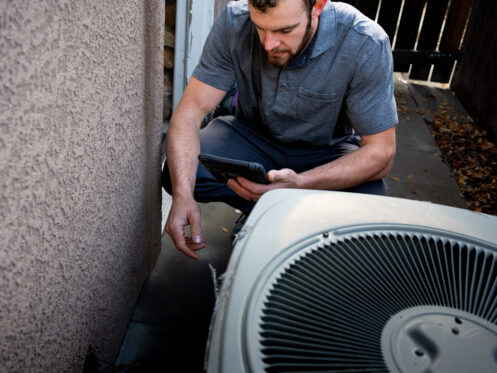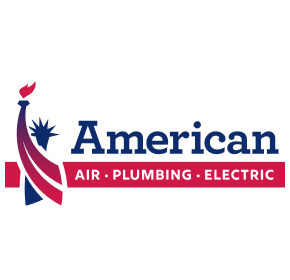Heating, ventilation, and air conditioning (HVAC) systems are essential to modern homes and businesses. They provide comfort, ensure safety, and maintain air quality by regulating indoor temperature and humidity and trapping dust and allergens. However, like all mechanical systems, HVAC units sometimes fail and require immediate attention. Knowing what qualifies as an emergency can help you act swiftly and appropriately to prevent an uncomfortable living situation or further damage to your system. Here’s what you need to know.
What Constitutes an Emergency HVAC Repair?
Complete System Failure
A complete AC system failure during the summer can result in heat stroke, dehydration, and other serious health risks. When your heating system fails in the middle of winter, freezing temperatures can increase the risk of respiratory conditions, like asthma attacks and chronic obstructive pulmonary disease (COPD), cause pipes to burst, damage appliances, and even lead to hypothermia.
Your HVAC system can fail for various reasons, including faulty wiring, clogged filters, and broken compressors. It could also shut down because it has reached the end of its useful life and needs replacement.
Electrical Issues
If you notice sparks or smoke coming from your HVAC equipment, turn it off immediately and call for an emergency repair. Electrical issues can lead to fires, electrocution, and other safety hazards.
Frequent circuit breaker tripping also requires immediate attention. This could be a sign of an overloaded electrical system or a problem with your HVAC unit’s wiring. Ignoring this issue can result in further damage to your unit or other electrical appliances in your home.
Gas Leaks
If you smell gas near your HVAC unit, evacuate your home and call emergency services right away. Gas leaks can lead to explosions, poisoning, and asphyxiation. Leaks often can occur due to cracks or blockages in the gas line, faulty connections, or a malfunctioning gas valve.
Similarly, take immediate action if your carbon monoxide detector goes off. This odorless and colorless gas can cause dizziness, headaches, nausea, and even death if not addressed promptly.
Also, stay alert for hissing sounds or a distinct ether, chloroform, or a sweet smell coming from your HVAC vents or outdoor unit. Refrigerants sometimes leak and can cause throat and eye irritation, heart palpitations, and suffocation.
Poor Air Quality and Ventilation Issues
A sudden increase in dust, allergens, or mold spores in your home could indicate a malfunctioning HVAC system. These contaminants can trigger respiratory conditions, aggravate allergies and asthma, and cause other health problems.
Inadequate ventilation is equally dangerous, especially if you use a gas-powered heating system. A lack of fresh air can lead to the buildup of harmful gases like carbon monoxide and nitrogen dioxide. If you experience symptoms such as nausea, dizziness, or fatigue that improve when you leave the house, you need an expert’s help right away.
Water Leaks and Flooding
Water pooling around your HVAC units is a clear sign of a problem. Water leaks, whether from a clogged drain line or a malfunctioning component, can cause mold growth, structural damage, and even electrical hazards if water comes into contact with wiring or electrical systems.
Identifying an Emergency HVAC Situation
Unusual Noises
HVAC systems should operate quietly, producing no more than a gentle whisper. Any noise is a message from your unit telling you it needs to be looked at. For example, banging or clanking noises mean something is loose or broken inside the HVAC system. This could be a loose blower fan, motor, or other internal component. If the noise is coming from the outdoor unit, then the compressor might be failing.
A squealing noise often indicates a problem with the blower belt, which connects the blower fan to the motor. If it is loose, it can produce a high-pitched squeal that could indicate imminent failure.
Unusual noises can also be caused by debris or foreign objects stuck in the system’s ductwork or registers. These obstructions can disrupt airflow and cause your HVAC system to work harder than necessary, leading to potential breakdowns.
Unpleasant Odors
Foul smells emanating from your HVAC vents or unit can indicate various issues. A musty or moldy smell can indicate clogged ductwork, dirty filters, or excess moisture in the system.
A strong, pungent odor could mean your HVAC’s motor is overheating and needs immediate attention. This could be due to faulty wiring, lack of lubrication, or debris buildup around the motor.
Burning smells may signal electrical issues or damaged components within the system. If you smell burning, turn off your HVAC unit and call for emergency repair services.
Ineffective Heating or Cooling
Ineffective heating or cooling signals failing components, refrigerant leaks, or airflow obstructions. It could also mean your HVAC system is the wrong size for your home.
If your heating and cooling equipment struggles to maintain the desired temperature, it could be causing more wear and tear on the system, which could eventually lead to a complete breakdown. This problem is common during extreme temperatures when the demand on the system is higher than usual.
Unexplained Increase in Energy Bills
An unexpected energy bill spike can indicate your HVAC system is working harder than necessary to maintain your home’s temperature. This inefficiency could be due to various factors, including mechanical failures, dirty filters, or duct leaks. Investigating and resolving these issues can save money and extend your HVAC system’s lifespan.
Tips for Preventing HVAC Emergencies
Change Air Filters
Have a reminder on your calendar or phone to change or clean your air filters every one to three months, depending on your indoor environment. Clean filters ensure efficient airflow and reduce the strain on your system, helping to prevent breakdowns.
Monitor Thermostat Settings
Keep an eye on your thermostat settings to ensure they are accurate and appropriate for the season. If you are not home, set your thermostat to a higher temperature during the summer and lower in the winter by 7° to 10°F to save energy. Completely turning off your HVAC system can result in sudden temperature changes and cause it to work harder to reach the desired temperature when you return.
You could also invest in a smart thermostat that lets you adjust settings remotely and can learn your habits to optimize energy usage. It could also alert you of potential system issues, helping to prevent emergencies.
Inspect Ductwork
Regularly inspect your ductwork for signs of leaks or blockages. Damaged ducts can reduce your system’s efficiency and lead to uneven heating or cooling. This will, in turn, put unnecessary strain on your system and potentially cause a breakdown.
Keep Vents Clear
Ensure all vents and registers are free from obstructions such as furniture, drapes, or debris. Blocked vents can restrict airflow, causing your HVAC system to work harder and potentially leading to overheating or other issues.
Schedule Regular Maintenance
Your HVAC system is a mechanical system that needs regular maintenance to function properly. Schedule yearly inspections and HVAC tune-ups with a professional technician to catch any potential issues early on and keep your system running smoothly.
Call American Air, Plumbing, and Electrical Today for Expert Help
Our team of experienced technicians is available 24/7 to provide prompt and reliable emergency repair services. We also offer HVAC installation and maintenance, plumbing work, and generator and electrical panel installation.
If you live in Sanford, Oviedo, or the Central Florida area, rely on American Air, Plumbing, and Electrical for all your HVAC needs.


